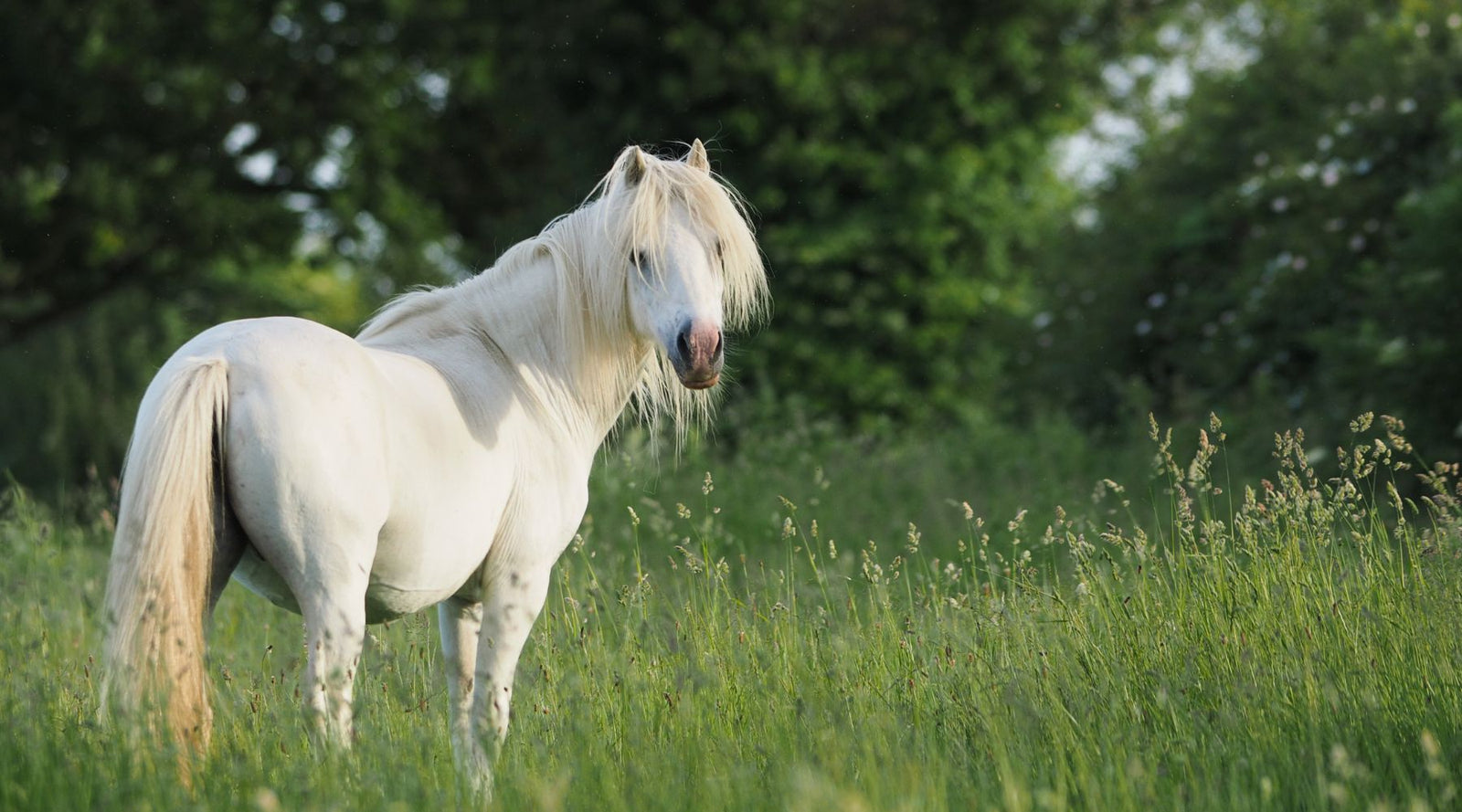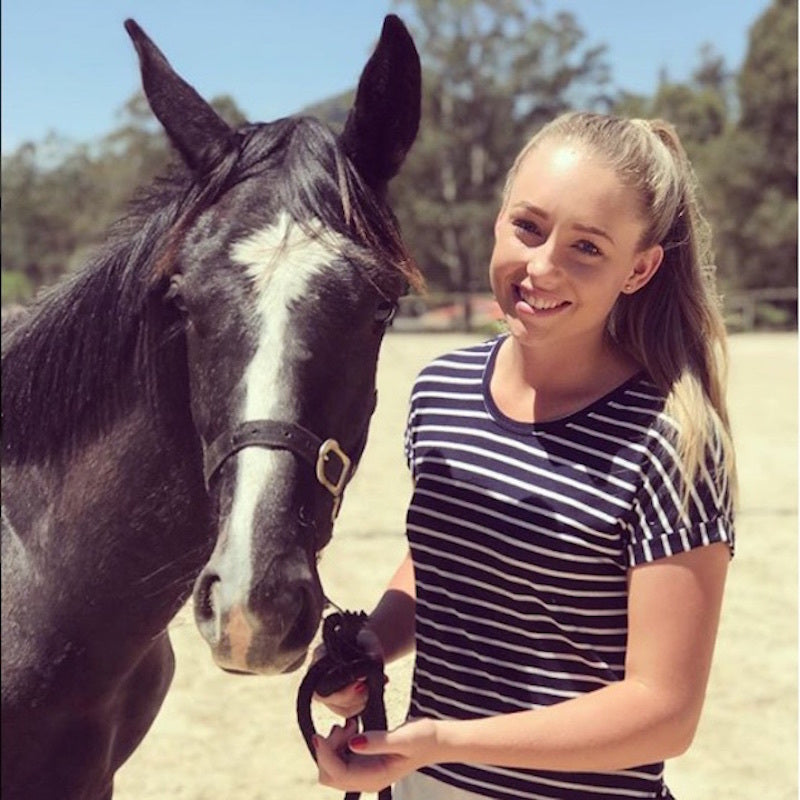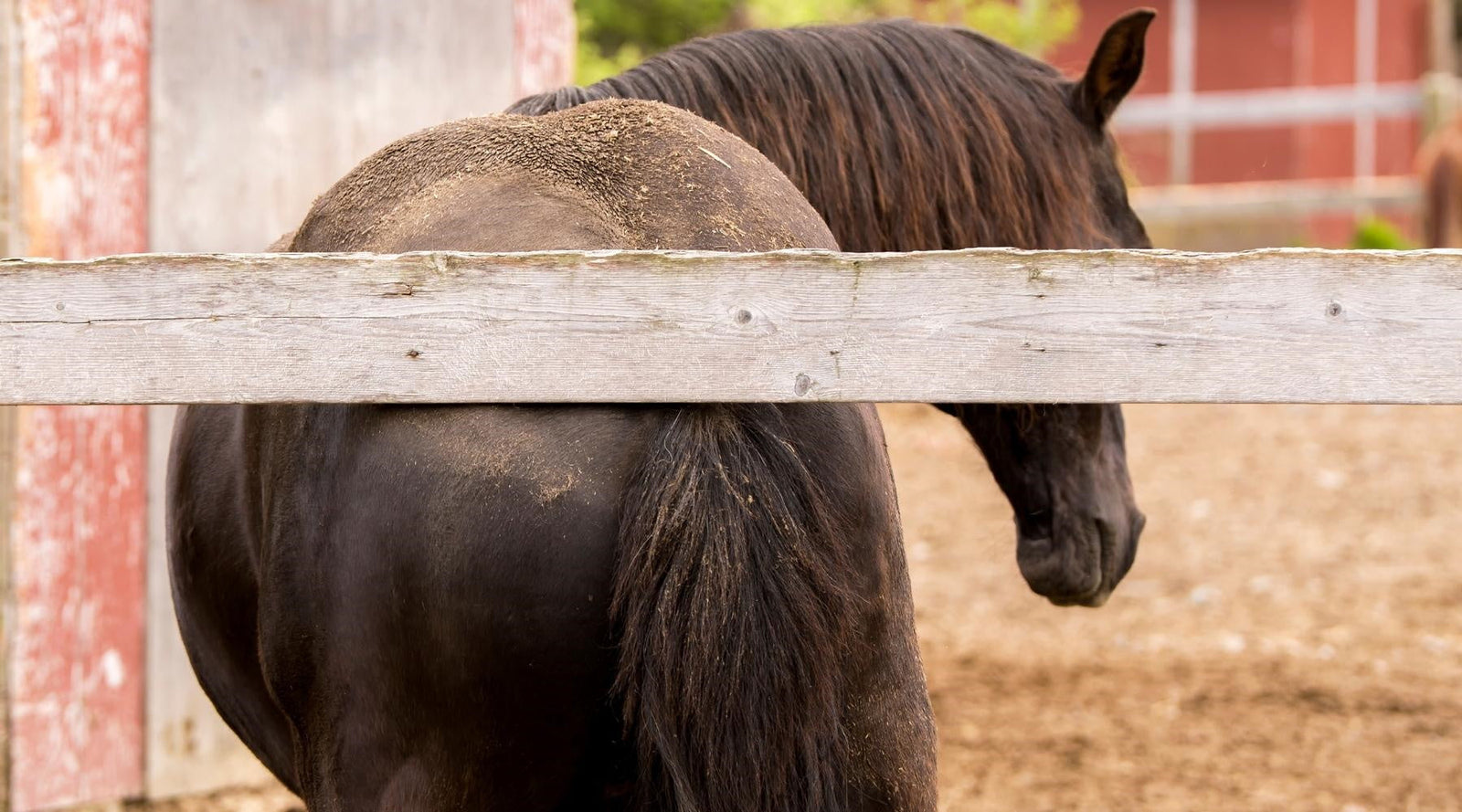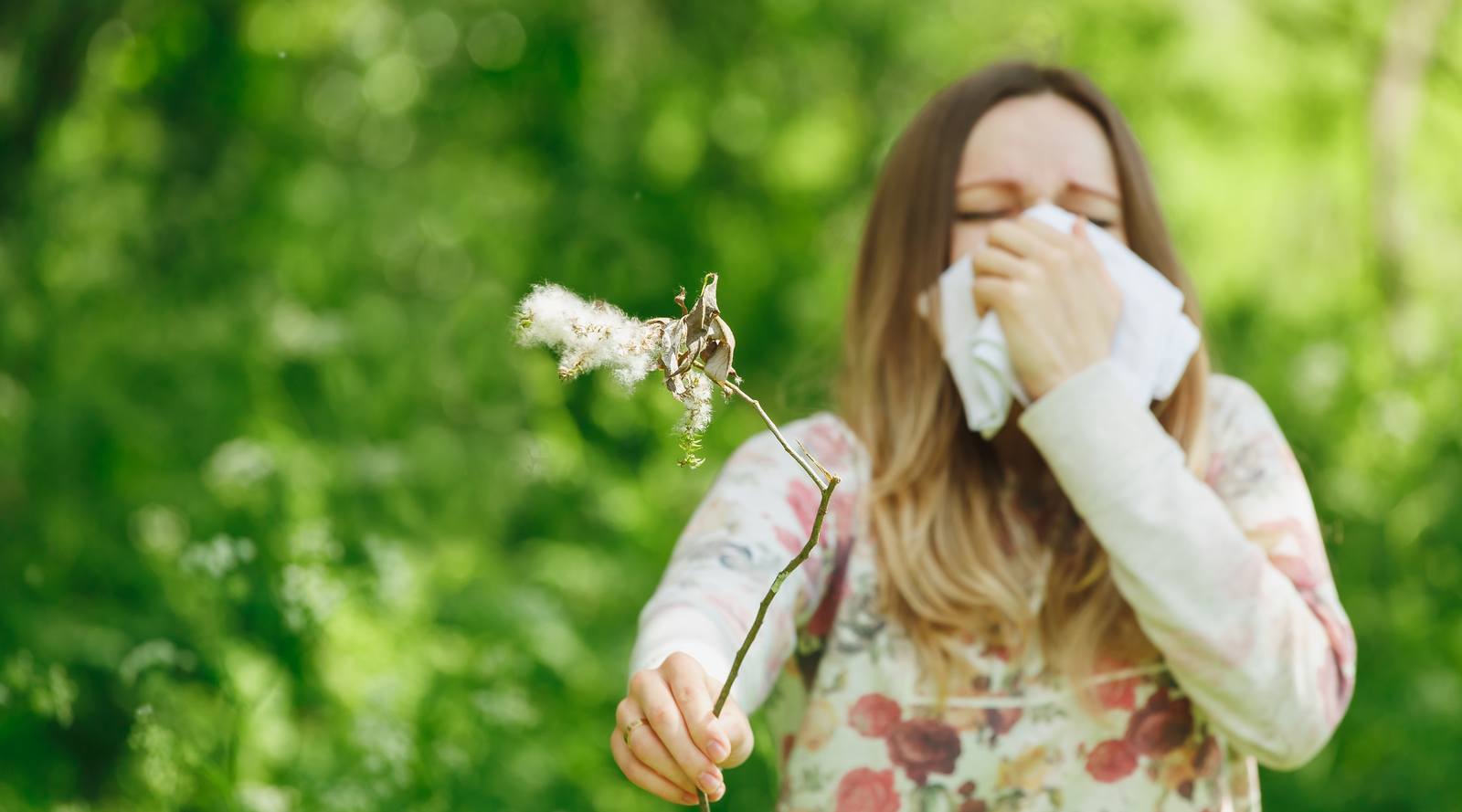Christmas delivery cut off: MIDNIGHT 16th DECEMBER - Last orders for a pre-Christmas dispatch. MIDDAY 18th DECEMBER - Order collections close. MONDAY 5th JANUARY - Hippo HQ re-opens.
Christmas delivery cut off: MIDNIGHT 16th DECEMBER - Last orders for a pre-Christmas dispatch. MIDDAY 18th DECEMBER - Order collections close. MONDAY 5th JANUARY - Hippo HQ re-opens.
Horse & Rider
Seasonal Allergies in Horses: Common Causes, Symptoms & Management Tips
by Fiona Lane July 23, 2025

Seasonal allergies, which result in hay fever-like symptoms and itchy skin, can be frustrating to pinpoint and manage, especially with the many environmental triggers horses encounter daily. From airborne pollen to dust from bedding and hay, allergens can affect the skin, breathing, digestion, and overall well-being of your horse.
Key Highlights
- Grass, pollen, and dust mites can trigger allergies, whether through contact or via airborne allergens.
- Contact allergies can lead to skin irritation and hives, while airborne allergens often affect breathing.
- Common signs of seasonal allergies in horses are hives, generalised itching, head shaking or nasal congestion and cough.
- Grass mumps (Parotiditis) can appear after grazing on new season grass that is rich in sugar.
- Hippo Health offers a range of natural remedies to help support horses experiencing symptoms related to seasonal allergies.
The causes of seasonal allergies in horses aren’t always obvious, but understanding the symptoms can make it easier to manage your horse’s health and comfort naturally. In this blog post, we look at the causes and symptoms of common allergies to pollen, grasses and dust, and provide tips for managing symptoms naturally.
Understanding Seasonal Allergies in Horses
From itchy skin and coughs to digestive upsets and grass mumps, there are so many allergens that can cause hay fever-like symptoms and itchy skin in horses, so it’s important to identify what’s causing the issue to ensure your valuable time and money is spent on the right treatment. If your horse is itchy and you’re not sure why, read this blog post for tips and advice on identifying the cause. As always, if your horse’s condition is serious or persistent, we recommend talking to your vet.
Pollen & Grass Allergies in Horses
Different grasses, shrubs, and trees release pollen at different times across spring and summer, so when the allergy appears can help to determine the cause. Some owners also find seasonal allergies can start surprisingly early, especially for those living near pine forests, which often release pollen during winter.
An allergic reaction occurs when the immune system becomes hypersensitised to a specific allergen, resulting in overproduction of antibodies at times when those allergens are present.
Contact vs Airborne Allergens
Symptoms and how they are managed will differ depending on whether your horse is reacting to an allergen that is airborne or present in the environment.
Symptoms and Management of Airborne Allergens
An allergic reaction to airborne pollens and allergens often causes coughing, wheezing, welts, or nasal discharge, head shaking, lethargy and a lack of concentration.
Avoid turning out or riding on days when the pollen count is high, and try to keep them off pastures that are in flower. You can also try our Pine & Pollen remedy for horses - an easy and cost-effective way to support horses experiencing a reaction to airborne allergens.
Symptoms and Management of Contact Allergies
If the allergy is caused by contact with grasses or pollens, there may be hives and a general itchiness that isn’t confined to a particular area.
Being able to identify the grass or plant causing the reaction makes it easier to avoid, however, this isn’t always easy or possible! You can also try putting a cover on your horse when turning out, or using leg wraps to minimise contact. Adding our Grass Allergy – Equine to the water trough can also help to desensitise horses to allergens in the environment and assist with relief from symptoms.
Horses with a Dust Allergy
Hay, bedding and other fabrics can harbour dust mites which feed on the dead skin cells shed by your horse and other animals. Proteins in faeces of dust mites are usually harmless; however, they can trigger an over-reactive immune response in some horses.
Symptoms of Dust Allergies
Symptoms are similar to pollen allergies – with watery eyes, congestion, runny nose, sneezing, wheezing or coughing – but are usually worse when the horse is inside. If you are ever concerned about your horse’s breathing, please call your vet immediately.
Managing Dust Allergies in Horses
Keep their indoor areas clean and swept, and wash or air any bedding, blankets or covers as often as you can. You can also try dust-free bedding products and low-dust hay. Soaking hay and dampening feed to reduce dust becoming airborne can also be helpful. Our Dust Allergy – Equine remedy is formulated to support horses with dust allergy symptoms, and is competition and racing safe (not swab-able).
Grass Mumps (parotiditis)
Thought to be linked to sugar-rich spring pasture or pollen exposure, this condition is typically non-serious and resolves on its own.
Symptoms of Grass Mumps
Grass mumps, or parotiditis, is a soft swelling in the parotid salivary glands that are found behind the jawbone. It’s not painful and is often more noticeable when the horse is at pasture, and can reduce when kept off pasture for 36 hours or more. There aren’t usually any other symptoms or changes in behaviour, so if your horse is also unwell – has a fever, nasal discharge or swelling near the lymph nodes – consult your vet.
Supporting a Horse with Grass Mumps
Keeping your horse off grazing for a day or two should make the swelling subside. You can also lift their feed off the floor to keep their neck up, which helps the gland to drain. Our Grass Mumps remedy can also be used to help manage symptoms.
Seasonal Allergies and Digestive Upsets
The digestive tract is a major part of a horse’s immune system and can be prone to inflammation that interferes with normal digestion during an allergic reaction to airborne or contact allergens.
Symptoms of Digestive Upsets in Horses
Recurring colic, diarrhoea, excessive gas, reduced appetite, or unexplained weight loss can all point to a digestive issue relating to food or environmental stressors. You can find out more about digestive health for horses in this blog post.
Managing Allergy-related Digestive Issues
General support of their digestive health, along with minimising or removing exposure to the allergen, will resolve any associated digestive issues.
Our Gastric Tonic – Equine supports minor disturbances to normal gut function, such as diarrhoea or excessive gas. Detox Plus – Equine supports horses who have been exposed to environmental or ingested toxins, while Colic Aid – Equine provides immediate support for horses experiencing minor pain or abdominal spasms.
Final Thoughts on Seasonal Allergies in Horses
Allergies in horses don’t always present the same way, and symptoms can overlap with other conditions. That’s why observation and a bit of detective work go a long way. Natural remedies can support your horse’s immune system however, for persistent or serious symptoms, always consult your vet.
General Disclaimer: Always follow dosing instructions. Our remedies are formulated to support the natural immune system of horses, pets, livestock, and people. We do not claim to treat, medicate, or cure any health conditions. If you are worried an animal may be in pain or suffering, please contact your veterinarian.




